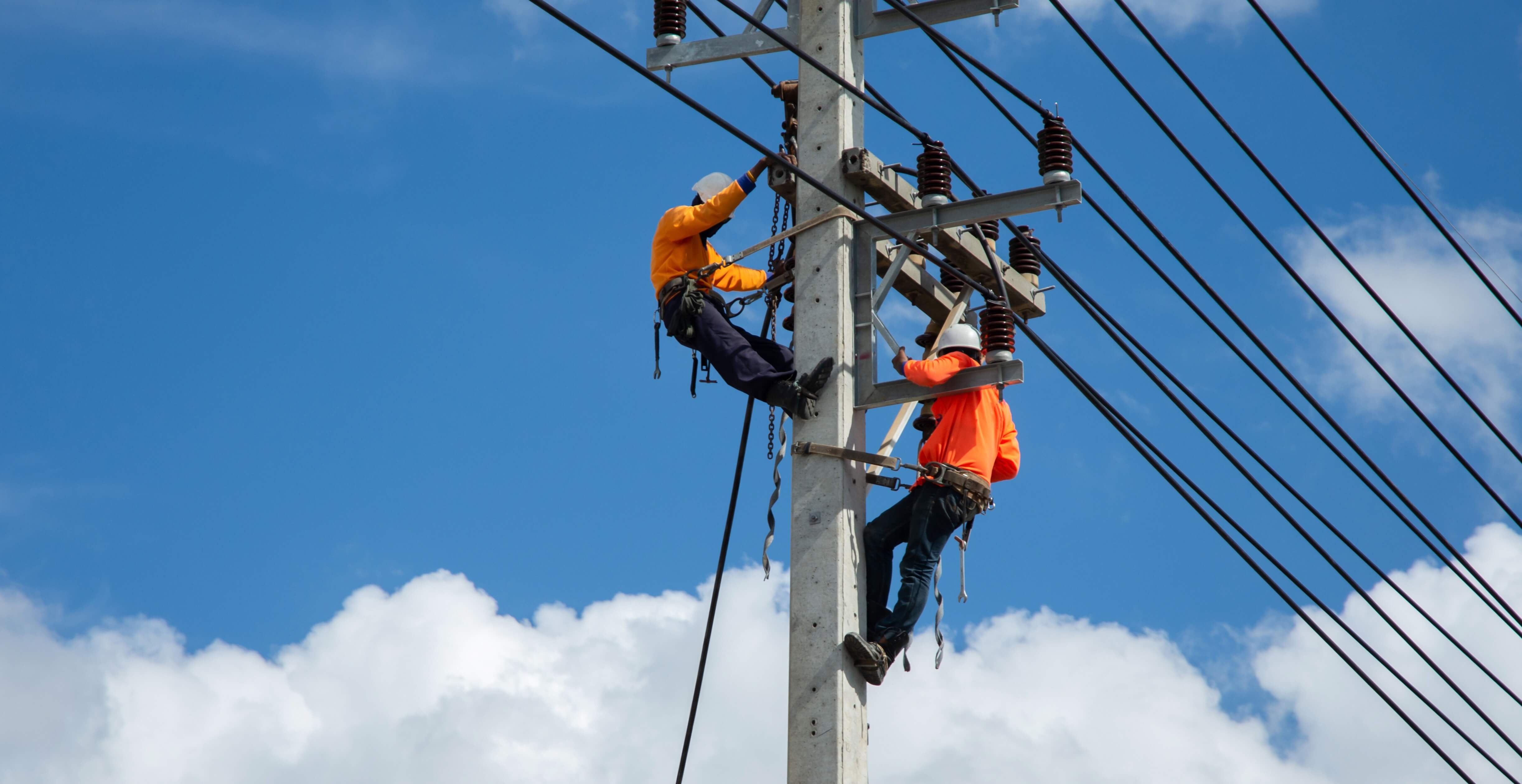Trend Analysis: AI Is Supercharging Energy Demand

Posted By Allison Logano on July 08, 2024
If you’ve been keeping an eye on the energy industry, you may not be shocked to hear that electricity is in high demand. But the speed and severity of this increase is a big jolt to the industry’s projections. For companies who need a reliable power supply to ensure their business stays up and running, this increasing energy demand is be especially relevant. If our power infrastructure can't keep pace with rapidly accelerating needs, businesses may want to develop a preemptive PR plan.
Data Center Demand
Experts knew we’d see a demand jump due to increasing interest in EVs and electric appliances as a greener energy source than gas. But what they didn’t predict was a massive spike from data centers, primarily for the processing demands to train and operate generative AI. By 2030, researchers estimate that data centers could consume up to nine percent of all U.S. electricity use.
AI companies promise benefits for business, but the tech’s high energy demands are worsening the strain on an already-overburdened power grid. Training OpenAI’s GPT-4, only one of many popular GPT models, required 50 times the amount of energy it took to train GPT-3, the previous iteration. And a ChatGPT-powered search uses nearly 10 times the amount of electricity as a more traditional search on Google.

Is an already-strained power grid capable of supporting a significant growth in power demand? Source: Grid Strategies LLC
Electricity and the Environment
As the U.S. power grid sees additional strain from increasing need, extreme weather events worsened by climate change only add to the challenge. Heat and storms are becoming both increasingly common and severe, with some of the greatest impact in areas of the country where the grid is woefully unprepared to support the demand.
To ensure power supply to the grid remains stable, goals to taper off from fossil fuels are being moved further into the future. Other troubling environmental trends related to electricity needs are also emerging: Despite their goal to reach net-zero carbon emissions by 2030, the need to innovate in an AI-driven environment has pushed Google toward higher emissions. Recent reports indicate the company's greenhouse gas emissions have increased by 48% over the past five years, decidedly heading in the wrong direction for their previously stated environmental goals. In the company's most recent environmental report, Google no longer claims carbon neutrality in their operations — a first since they went carbon neutral 2007.
A Long-Term Vision
For the time being, companies searching for dominance in the AI arena are also on a competitive hunt for the energy to power it — no matter the cost. Microsoft is already putting forth $10 billion to create clean energy supplies for its forecasted $100 billion investment in data centers. Amazon is dedicating at least that amount to their data center development over the next decade. Across the board, data center growth is forecast to exceed $150 billion through 2028.
In the long-term, investment in sustainable solutions will be necessary to power AI. Keep an eye on big funding announcements and ambitious initiatives in the green energy space in pursuit of energy-industry progress, like Microsoft’s attempt to generate power from atomic fusion. But in the nearer future, anticipate increasing strains on the grid as companies attempt to lock up existing power supply sources.
Consumers and companies alike can expect to see more significant outages from services ranging from public transportation to food security. For businesses in the energy sector, there may be ample opportunity to offer your services to companies and individuals in need of support.
Preparing for the worst is an important part of doing business. Our PR experts can help you develop a crisis response plan for when the next blackout hits.

Allison Logano
Allison Logano is a Vice President at Tier One, where she leads media relations and thought leadership strategy for clients. She’s spent more than 11 years marketing global consumer brands including Amazon and National Geographic, educational nonprofits such as PBS KIDS, and innovative financial services companies including Ally Financial. A lifelong competitive athlete, she’s motivated by camaraderie and collaboration to bring awareness to brands who are truly making a difference. Prior to a career in PR, Allison spent a year with the State of Rhode Island Lottery, calling the winning numbers live on TV.



